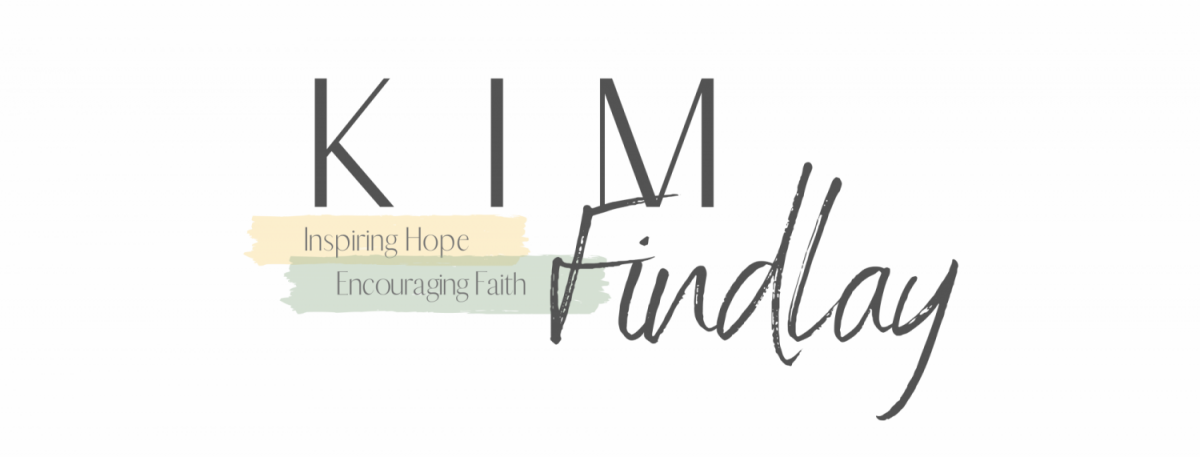
She stood among the sea of people, eyes closed, arms lifted high. The music swelled and her arms stretched farther, higher, as if trying to touch heaven itself.
My eyes drank in the sight: this brave woman who stood alone even though she was surrounded by others. Drawn to this tender example of a heart turned toward the Father, I witnessed her boldness and courage, her strength and her faith. She stood alone, but that’s not the reason I noticed her. It was the life she lived as she stood.
She chose to worship even though her child was dying.
How was she able to stand, let alone with such faith-filled abandon, even though she faced such sorrow?How could her face radiate joy even though she might soon bury her son? How could she rejoice in the Lord even though her heart was shattered?
The questions plagued me.
“Even though the fig trees have no blossoms, and there are no grapes on the vines; even though the olive crop fails, and the fields lie empty and barren; even though the flocks die in the fields, and the cattle barns are empty…”
Habukkuk 3:17, NLT
Those questions pursued me as news of her young son’s death forever changed the fabric of their lives. They traveled beside me as she shared her struggle of sorrow and loss. Their roots grew deeper, even though my own journey of child loss altered the course of my life.
Even Though
So many of us have experienced our own “even though,” haven’t we? Even though you’re not where you want to be. Even though you were surprised by kids, or struggle to conceive, or lost your job, or your health, or your sense of security. Even though that dream, your life, hasn’t turned out the way you expected. Even though . . .
Fortunately, we’re not alone as we attempt to navigate the landscape of our lives when even though enters in. Habakkuk, the prophet, also experienced great even though. His heart broke; he was troubled by the world he observed and the devastation around him. He asked difficult questions, attempting to trust even though the land and lives were barren and there was no fruit.
“How long, O Lord, must I call for help? But you do not listen! ‘Violence is everywhere!’ I cry, but you do not come to save.”
Habakkuk 1:2, NLT
As Habakkuk cried out to God, poured out his worries, his concerns, his fears, and his experiences, he made a crucial decision. He chose to wait for God to answer his complaints, even though there was no immediate change to his circumstances.
“I will climb up to my watchtower and stand at my guard post. There I will wait to see what the Lord says and how he will answer my complaint.” (Habakkuk 2:1, NLT)
He didn’t give up, nor did he quit living. He went about the job he was called to do even though he couldn’t know the answer. He watched and waited for the Lord to act, all while declaring His truth.
“I have heard all about you, Lord. I am filled with awe by your amazing works. In this time of our deep need, help us again as you did in years gone by. And in your anger, remember your mercy.” (Habakkuk 3:2, NLT)
Remember
Habakkuk remembered God’s faithfulness in the past, recalling all of the great things He had done. He declared what he knew to be true about God, shifting his perspective from a human to a heavenly one. He proclaimed the work God had already accomplished, trusting He would continue to do the work He had started.
It was by remembering, recalling, declaring and shifting his perspective that Habakkuk was filled with awe at God’s amazing works, believing that even though life looked bleak and hopeless and he didn’t have all of the answers he desperately sought, he could rejoice in the Lord.
And we can do the same.
“. . . yet I will rejoice in the Lord! I will be joyful in the God of my salvation! The Sovereign Lord is my strength! He makes me as surefooted as a deer, able to tread among the heights.”
Habakkuk 3:17-19, NLT
For then, when even though enters in and alters the landscape of our lives, we can declare and yet . . .
Even though we’re unsure of the future, yet we will rejoice because God is faithful!
Even though our land feels barren, yet we will be joyful because God will nourish our souls!
Even though fear strikes our heart, yet we will find strength because God conquered all!
What is your even though? What is one way you can shift your even though to yet?
![]()
Related Posts
An Enduring Faith Begins at Home
This is the first installment of A Legacy of Faith series where we explore five…
![]()
The Ultimate Victory of Jesus
Was it real? Their steps were heavy with grief as they walked toward the tomb…
![]()



Leave A Comment